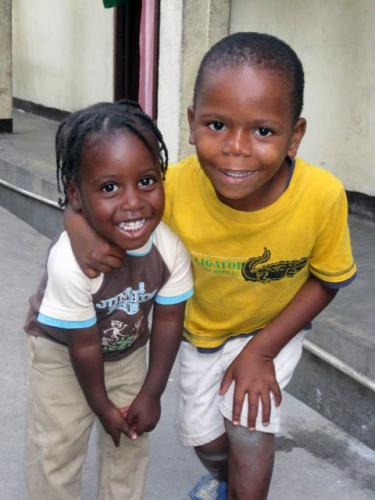- Who We Are
- Clinician Employment
- Publications
- Witness to Witness (W2W)
- Kugel & Zuroweste Health Justice Award
- Your Voice Matters: Photovoice Project
CDC issues ACIP recommendations for the use of HPV vaccine
These recommendations represent the first statement by the
Advisory Committee on Immunization Practices (ACIP) on the use
of a quadrivalent human papillomavirus (HPV) vaccine licensed by
the U.S. Food and Drug Administration on June 8, 2006. This
report summarizes the epidemiology of HPV and associated
diseases, describes the licensed HPV vaccine, and provides
recommendations for its use for vaccination among females aged
9-26 years in the United States. March 2007.
Files
-
- AcipHPV032007 ( 506 Kb )
Boys also should get HPV shots, medical experts say
Some medical experts are calling for boys, in addition to girls, to be routinely vaccinated against the sexually transmitted human papillomavirus. Although men can't get the cervical cancer that can result from HPV, they can get HPV and pass it on to their partners
Files
-
- Medical experts say boys ( 34 Kb )
No Autism-Vaccine Link, Researchers Re-Confirm
As the mercury-containing preservative thimerosal was removed from vaccines, and as fewer children received the mumps-measles-rubella vaccine, the rates of autism and related disorders rose among Canadian school children.
Hepatitis B Vaccination Among High-Risk Adolescents and Adults B San Diego, California 1998-2001.
MMWR 2002;51(28):618-621.
MCN Webinar: Esquemas de Vacunación para Niños y Niñas Durante el Año Escolar 2018 - 2019 (Tercera Sesión)
Esta es la sesión final de la serie en donde revisamos los requisitos de vacunación para los niños en edad escolar en Puerto Rico que han cambiado para el año escolar 2018-2019.
Timezone:
EST
Addressing Structural Vulnerabilities in Healthcare for Migrant and Seasonal Agricultural Workers
The notion of structural vulnerability addresses the challenges of caring for individual patients within the large context of power hierarchies, institutional barriers and economic inequalities. Rooted in teh concept of social determinants of health, understanding structural vulnerablities allows medical students and clinicians to more clearly and critically confront the social structures that make people sick. Migrant and seasonal agricultural workers operate within the cross-section of a number of structural vulnerabilities.
Timezone:
EST
Immunizations
 Immunization disparities continue to exist in Hispanic populations despite the equity achieved in early childhood rates. Influenza and pertussis are two vaccine preventable diseases for which Hispanic populations in the US are particularly in need of improved coverage.
Immunization disparities continue to exist in Hispanic populations despite the equity achieved in early childhood rates. Influenza and pertussis are two vaccine preventable diseases for which Hispanic populations in the US are particularly in need of improved coverage.
Focus Group on Immigration and Immunization
In July of 2005, MCN conducted a focus group with migrant women in a new receiving community on the Eastern Shore of Maryland to help understand their experiences regarding immunization.
The focus group was held at the one of the participant’s home, an established immigrant household. The town house apartment located in a growing immigrant neighborhood offered a comfortable, safe and trusting environment for the group’s participants.
Files
-
- EasternShoreImmunization ( 80 Kb )
Interviews: State programs addressing immunization needs
The following report summarizes research conducted by the Migrant Clinicians Network (MCN) in the summer of 2008. The report is an effort to identify state programs that address the immunization needs of adults and migrant and seasonal farmworkers across the country.
Files
-
- InterviewsGraphicReportCDC ( 148 Kb )
Immunization Initiative
The Immunization Initiative at the Migrant Clinicians Network (MCN) is devoted to promoting and improving childhood, adolescent, and adult immunization coverage levels among migrant and other mobile underserved populations. Funding for this project is obtained from a cooperative agreement with the National Immunization Program, Centers for Disease Control and Prevention.





